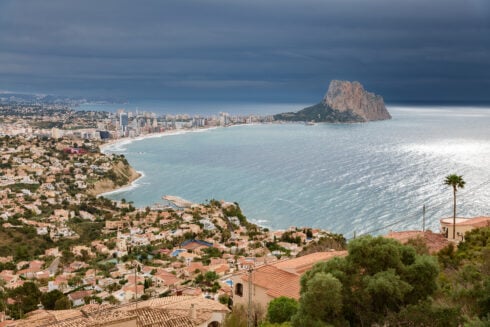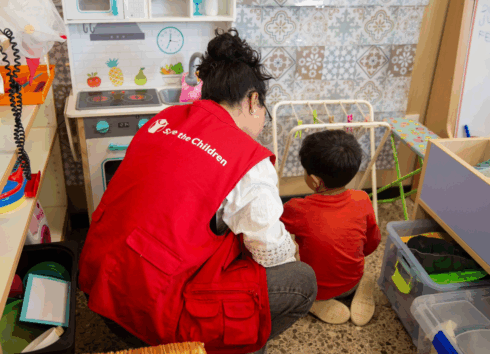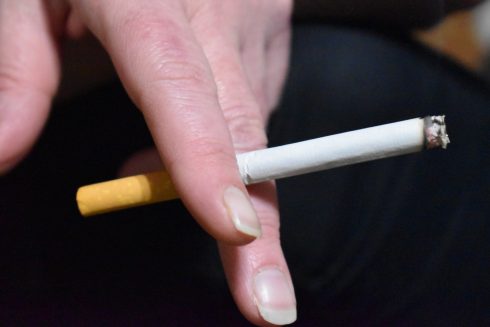SPAIN has revived a Human Trafficking Law designed to protect victims and prevent future crimes.

The law, known as the ‘Ley de Trata’ (Trafficking Law) was originally proposed last year but fell by the wayside when a general election was called.
It intends to encourage victims to come forward without fear, protecting them ‘from the very first moment’.
The new legislation means victims will not be obliged to make an official report when they come forward.
They will also be given provisional residency and work permits in the country.
Victims will not be deported and will have access to social security funds, public housing and legal assistance.
It was announced today, March 8 by Equality Minister Ana Redondo.
She said: “This will free victims…we know the problem lies in the terror they have of reporting their captors.”
The law is not punitive but intended to improve ‘protection, awareness and prevention’ of human trafficking.
It will fight against all forms of trafficking including sex and organ trafficking, forced marriages, and labour.
The draft law will now be subject to public consultation and will be reviewed by relevant bodies.
Then, it will return to the Consejo de Ministros (Ministers Cabinet) to be sent to parliament.
However, there is still a long way to go before the draft becomes an official law.
The government also announced extra measures for victims of domestic violence, including police protection and financial aid.
Redondo said: “Gender equality and the eradication of violence against women is one of the Spanish government’s top priorities.”
READ MORE:
- Protests throughout Spain for International Women’s Day
- Almost half of Spanish men say gender equality has gone too far, but what is the reality for women in Spain?
- Equal España: Where does Spain really rank in the EU for gender equality?
Click here to read more News from The Olive Press.








